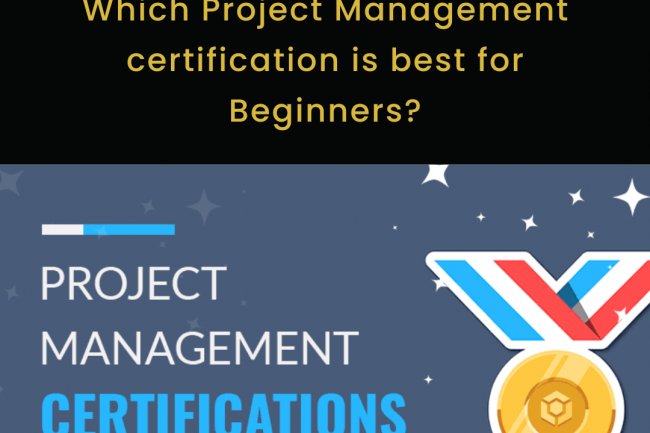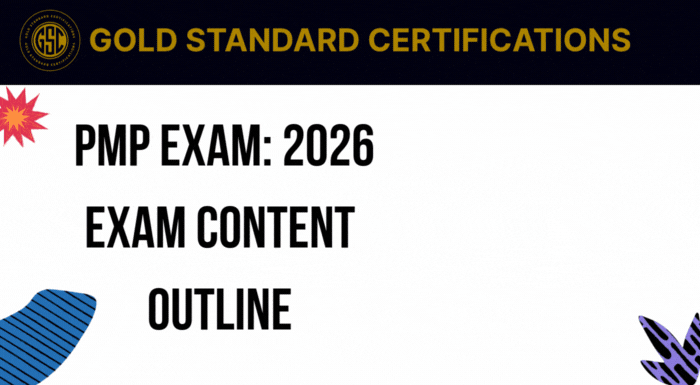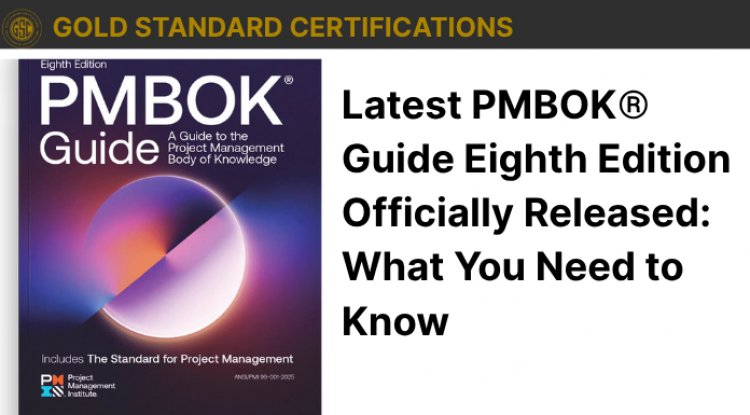How U.S. & Canada Healthcare Leaders Can Overcome Project Management Roadblocks in 2025
Discover the top project management challenges facing healthcare leaders in the U.S. and Canada in 2025—and learn proven strategies to tackle staffing shortages, compliance demands, cybersecurity risks, and digital transformation hurdles.

How U.S. & Canada Healthcare Leaders Can Tackle PM Roadblocks in 2025
Introduction
In 2025, healthcare leaders across the United States and Canada face a unique balancing act—delivering high-quality patient care while managing complex projects in an increasingly regulated, tech-driven, and resource-strained environment. From navigating evolving compliance rules to mitigating cybersecurity risks and addressing staffing shortages, project management (PM) in healthcare has never been more critical—or more challenging.
Whether you oversee hospital infrastructure upgrades, digital health transformations, or operational efficiency initiatives, the ability to anticipate and overcome PM roadblocks can determine not just project success, but patient outcomes. In this article, we’ll examine the most pressing challenges facing healthcare project managers in 2025 and offer practical, results-oriented solutions.
For leaders ready to sharpen their skills, PMP Certification Training remains one of the most effective ways to master these complexities and lead projects to success.
The 2025 Healthcare Project Management Landscape
Staffing Crisis and Workforce Turnover
In the U.S., rural hospital closures and burnout-driven turnover continue to place unprecedented pressure on healthcare systems. Canada faces similar challenges, particularly in remote and underserved regions, where recruiting and retaining skilled staff is a constant struggle.
Regulatory and Compliance Demands
Governments are tightening oversight. The U.S. is seeing updates to HIPAA with stricter multi-factor authentication requirements, while Canadian healthcare organizations are adapting to enhanced data privacy laws and interoperability mandates.
Digital Transformation Imperatives
Canada Health Infoway’s initiatives are accelerating electronic health record (EHR) adoption and other digital health tools. In the U.S., large systems are investing heavily in telehealth platforms, AI diagnostics, and predictive analytics—all requiring robust project management for smooth deployment.
Cybersecurity Threats
Cyberattacks on healthcare institutions are rising, with data breaches costing millions and putting patient trust at risk.
Key Roadblocks in Healthcare Project Management
1. Regulatory & Compliance Complexity
The pace of change in healthcare regulations means that project managers must continuously track shifting requirements. Delays in compliance can lead to penalties, reputational damage, and project derailment.
2. Cybersecurity & Tech Risks
Integration of new technologies often opens the door to vulnerabilities. Coordinating IT upgrades while ensuring compliance adds complexity.
3. Staff Shortages & Resource Constraints
Without adequate staff, even the most well-planned projects stall. A limited talent pool increases competition, while overworked teams risk burnout.
4. Fragmented Stakeholder Ecosystem
Hospitals and clinics often have siloed departments—nursing, IT, finance, administration—each with their own priorities. Aligning these diverse stakeholders can be difficult.
5. Inefficient Communication & Visibility
Without centralized dashboards or integrated tools, progress tracking is inconsistent, and critical updates may get lost, leading to delays or misaligned expectations.
Strategies to Overcome PM Roadblocks
Adopt Agile, Lean & Hybrid Methodologies
Healthcare projects often require flexibility due to changing regulations, evolving patient needs, and unpredictable events (e.g., pandemic surges).
-
Agile enables quick pivots.
-
Lean focuses on eliminating waste and streamlining workflows.
-
Hybrid blends both, providing structure with adaptability.
Strengthen Cybersecurity & Compliance Workflows
-
Automate compliance reporting to reduce manual errors.
-
Require multi-factor authentication (MFA) for sensitive systems.
-
Conduct regular security audits and drills.
-
Build cybersecurity milestones into project timelines.
Address Workforce Gaps via Training and Leadership Development
-
Implement mentorship programs to boost morale and retention.
-
Invest in continuous education—technical, leadership, and project management skills.
-
Use workforce analytics to forecast shortages and adjust staffing models.
Improve Communication & Transparency
-
Deploy unified project dashboards accessible across departments.
-
Establish regular cross-functional check-ins.
-
Use voice-friendly updates and mobile alerts to keep everyone informed in real time—ideal for AEO and VSO optimization.
Set Realistic Goals, Milestones & Risk Mitigation Plans
-
Define SMART (Specific, Measurable, Achievable, Relevant, Time-bound) objectives.
-
Include contingency buffers for unforeseen delays.
-
Map out risk response strategies before issues escalate.
Leverage Digital Health Initiatives
-
Utilize EHR systems for better patient data management.
-
Apply predictive analytics for demand forecasting.
-
Explore telehealth expansion for increased patient access, especially in rural and underserved areas.
Why Project Management Training Matters Now
Project management skills are no longer optional for healthcare leaders—they are mission-critical. Earning a PMP certification equips leaders with proven frameworks, advanced tools, and globally recognized credibility to:
-
Navigate regulatory landscapes confidently.
-
Manage complex multi-stakeholder projects effectively.
-
Improve patient care outcomes while meeting deadlines and budgets.
Discover how PMP Certification Training from Gold Standard Certifications can prepare you for the challenges of modern healthcare project management. Explore our full range of courses to take your leadership skills to the next level.
Conclusion
In 2025, healthcare leaders in the U.S. and Canada cannot afford to let PM roadblocks slow progress. By embracing agile methodologies, reinforcing cybersecurity, addressing workforce challenges, improving communication, and leveraging digital health innovations, leaders can ensure that projects are delivered on time, on budget, and with measurable impact.
Ready to elevate your project management skills? Enroll in our PMP Certification Training today and lead your healthcare projects with confidence and clarity.














